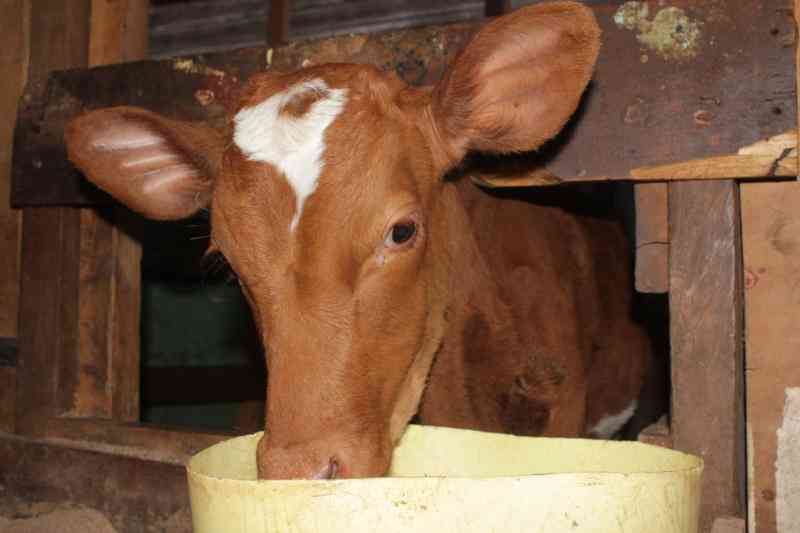×
The Standard e-Paper
Join Thousands Daily

Eldoret Polytechnic friesian dairy cows at the institution. [Christopher Kipsang, Standard]
Dear Daktari, I have a question, do cows have five senses like we do? Why do I ask? Because it will help me know my cows better. Njoroge John